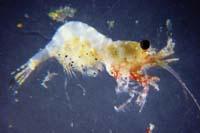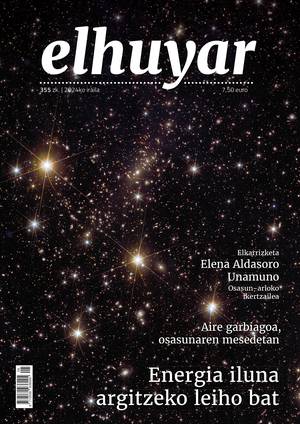The males of os of Vestalenula

Vestalenula is a microscopic animal like shrimp, and although the species is 200 million years old, zoologists have not found until recently. Although thousands of specimens have been analyzed for years, only females have been found. For this reason, until now it has been considered that the species had an asexual reproduction. Now, on the Japanese island of Yakushima, three males with hundreds of females have been found. This group of organisms constitutes a new species called Vestalenula cornelia.
The name of the species is totally funny. They were considered to have asexual reproduction, so they were called Vestalenula, in honor of the virgin priests women of Rome. These women worshiped the goddess Vesta, patron of the house and family. But the myth says that one of the virgin priests - Cornelia, alegia-- had a lover. Hence the new species is called Vestalenula cornelia.
The finding with these microscopic corners is absolutely coherent. In fact, species with asexual reproduction are disappearing in a million years due to the accumulation of genetic defects. But the species Vestalenula is much older and it is logical that it is sexual reproduction, although until now none has been seen.






